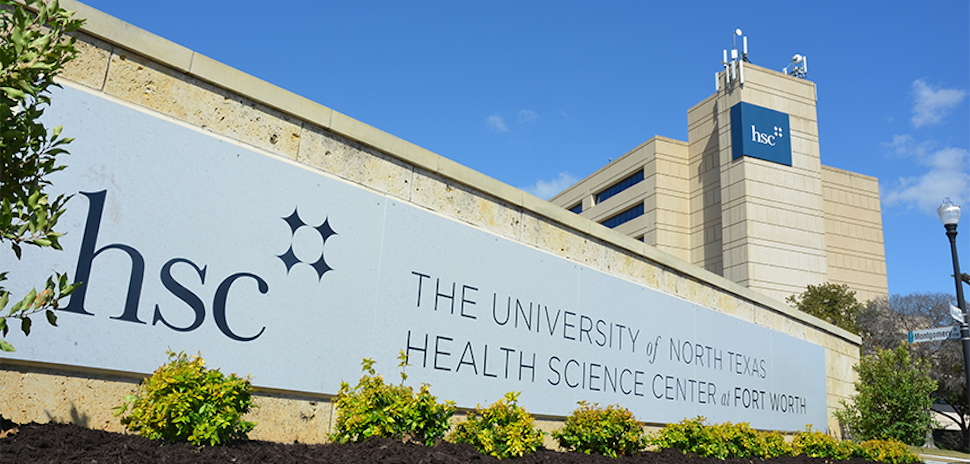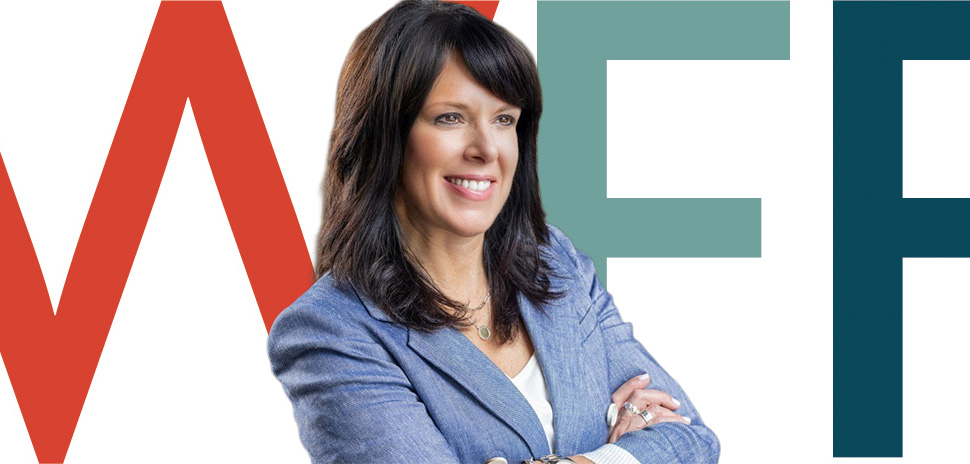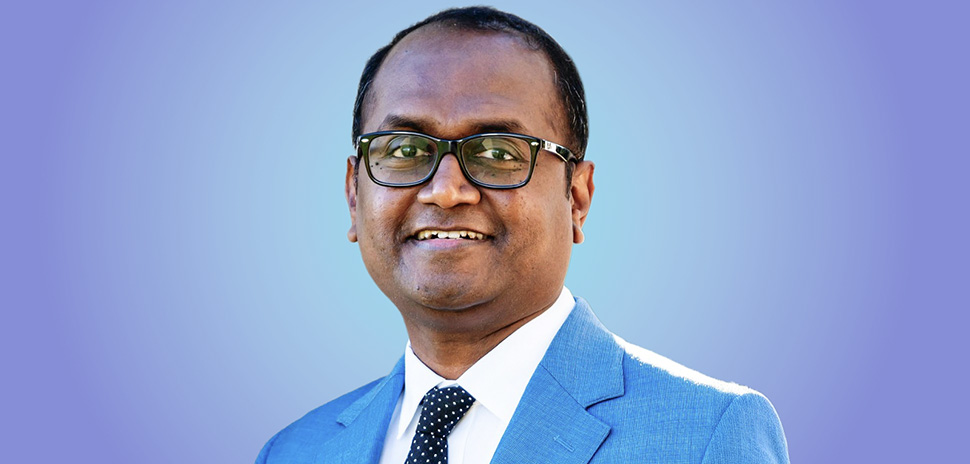Dallas-based Signify Health, a technology-enabled healthcare provider that aims to transform how care is paid for, has officially made its stock market debut, and experts are saying it exceeded expectations.
On Feb. 10, Signify Health priced its initial public offering of 3,500,000 shares of Class A common stock at $24 a share. The next day, when the shares began trading on the New York Stock Exchange under the symbol SGFY, they opened at $32. That’s significantly higher than the original price range of $20 to $21 per share.
Signify Health’s jump in their stock market debut gave them a market capitalization of $7.12 billion, according to Reuters. Through the sale of 23.5 million shares, Signify Health’s IPO was able to raise around $564 million.
“When we formed Signify Health, our dream was to improve the quality of life for millions of Americans by driving better outcomes and activating the home as a key part of the care continuum,” Signify Health CEO Kyle Armbrester said in a statement. “As we move forward as a public company, we will continue to pursue our vision and focus on making a positive impact on the health of those we are privileged to serve.”
The IPO’s net proceeds are expected to be used to pay expenses related to the offering and accompanying corporate purposes. Signify Health said that it also plans to use it for the potential acquisition of, or investment in, other companies that it believes will complement its current offerings and expansion efforts. For instance, in November, Signify Health made a strategic acquisition of PatientBlox to help advance its prospective episode of care payment models and value-based care transition.
“We are proud to call Dallas home and look forward to continuing to invest in our business and local team—and to supporting the continued growth of the health and tech community in Dallas,” COO David Pierre says.
Signify Health: ‘Driving health homeward’
Signify Health was born from a merger of two industry leaders in December 2017. New Mountain Capital recapitalized CenseoHealth and Advance Health, expanding both companies’ reach in the in-home health evaluation and complex care management spaces.
What resulted was Signify Health, a healthcare services provider that planned to focus on expanding and evolving complex care management services and technology on a national level.
At the time, Armbrester said the move represented “more than a new name.” The combined team planned to invest in a technology platform to support a new and distinct clinical vision, one that could quickly expand into the complex care management space. At the same time, they could use their collective experience in offering low cost, individualized care at home.
So began Signify Health’s mission to “transform the quality and delivery of care” and create a better experience for its network of clinicians. The company was going to do so by deploying physicians and nurses into home and facility settings in a way that could close gaps in care for high-risk patients.
Then, Signify Health began offering longitudinal care management in what it calls the place of greatest convenience for patients.
Today, Signify Health operates on its dedication to “driving health homeward.” It’s a simple purpose, the company says: “to enable more happy, healthy days at home.” The company has 2,100 total employees and generated $600-610 million in revenue in 2020.
The Dallas company uses advanced analytics, technology, and national healthcare provider network to power value-based payment programs. Through its platform, Signify Health offers a suite of clinical, social, and behavioral services that can address an individual’s healthcare needs, while also prevent incidents that drive cost.
The overall goal is improved patient outcomes, coordination, and cost-savings. According to its IPO filing, it serves 47 Medicare Advantage health plans that provide benefits under the government’s elderly health insurance program through a private insurer.
![]()
Get on the list.
Dallas Innovates, every day.
Sign up to keep your eye on what’s new and next in Dallas-Fort Worth, every day.



























